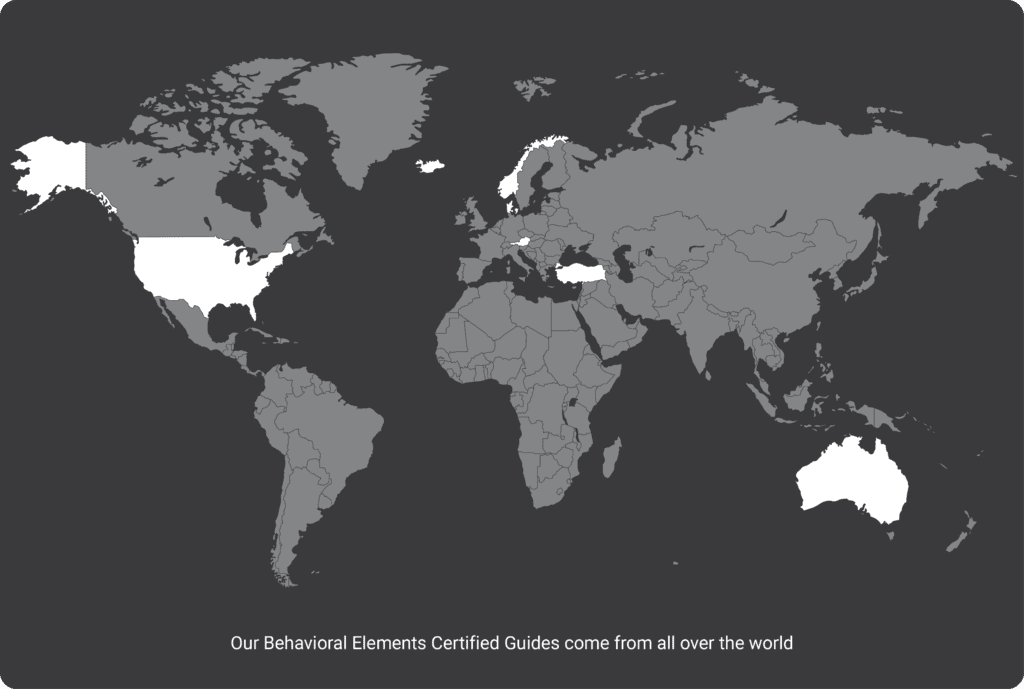Humans are complex creatures with a variety of motivations that drive our behavior. Paul Lawrence and Nitin Nohria, two prominent researchers, identified four core biological drives influencing our actions. These drives, which helped shape the Behavioral Elements Program, include the drive to acquire, bond, learn, and defend. Let’s explore how these drives impact our behavior.
The Drive to Acquire
The drive to acquire is a powerful force that compels us to seek the resources we need to survive and thrive. This drive is rooted in our evolutionary history, where the ability to acquire resources was essential for survival. Today, the drive to acquire manifests itself in various ways, including our desire for wealth, status, and material possessions.
Individuals driven by the need to acquire may prioritize material possessions and wealth over other aspects of their life, such as relationships and personal fulfillment. They may be highly competitive and seek opportunities to accumulate resources, even at the expense of others. Here are three ways that the Drive to Acquire impacts our behavior:
- Motivation and Goal Setting: The Drive to Acquire acts as a motivational force that drives us to set goals and work towards obtaining desired outcomes. Whether it’s pursuing a promotion, acquiring material possessions, or achieving personal milestones, the desire to acquire fuels our ambition and propels us to take action.
- Competitive Behavior: The Drive to Acquire often leads to competitive behavior, as individuals strive to outperform others and secure desired resources or rewards. The competitive nature of this drive can manifest in various domains, such as academics, careers, sports, or social status. It can lead to increased effort, persistence, and even strategic behavior to gain a competitive edge.
- Consumerism and Materialism: The Drive to Acquire contributes to consumerism and materialistic tendencies in society. The desire to possess and accumulate material possessions, often fueled by societal influences and advertising, can drive our purchasing behaviors and consumption patterns.
The Drive to Bond
The drive to bond is fundamental to forming connections with others. We are social creatures and rely on relationships for emotional and physical well-being. The drive to bond motivates us to seek social interactions, form attachments, and build communities.
Individuals highly driven by the need to bond may prioritize social relationships above other aspects of their life. They may be highly empathetic and seek opportunities to connect with others, build meaningful relationships, and create a sense of belonging. Here are three ways that the Drive to Bond impacts our behavior:
- Relationship Building: The Drive to Bond drives our behavior in forming and maintaining relationships with others. It motivates us to seek out social interactions, make connections, and cultivate personal and professional friendships.
- Cooperation and Collaboration: The Drive to Bond fosters cooperative and collaborative behavior. When we feel connection and belonging with others, we are more likely to cooperate, support, and work together towards common goals.
- Empathy and Compassion: The Drive to Bond also influences our ability to understand and empathize with others’ emotions and experiences. When we feel connected to others, we are more likely to display empathy, compassion, and concern for their well-being.
The Drive to Learn
The drive to learn is fundamental to acquiring knowledge and skills. We are curious creatures and are constantly seeking new information and experiences. The drive to learn motivates us to explore our environment, take risks, and try new things.
Individuals highly driven by the need to learn may prioritize intellectual pursuits above other aspects of their life. They may be highly curious and seek opportunities to acquire new knowledge, develop new skills, and explore new ideas. Here are three ways that the Drive to Learn impacts our behavior:
- Curiosity and Exploration: The Drive to Learn fuels our natural curiosity and thirst for knowledge. It compels us to explore new ideas, ask questions, and seek out learning opportunities.
- Adaptability and Growth: The Drive to Learn enhances our adaptability and growth potential. When we have a strong drive for learning, we become more open to new experiences, ideas, and perspectives.
- Cognitive Development and Problem-Solving: The Drive to Learn contributes to our cognitive development and problem-solving abilities. By actively seeking new information and engaging in learning experiences, we enhance our critical thinking skills, creativity, and capacity for complex problem-solving.
The Drive to Defend
The drive to defend is a fundamental human need to protect ourselves and our resources. We are wired to protect ourselves from physical and emotional harm and to defend our possessions, ideas, and beliefs. The drive to defend motivates us to take action to protect ourselves and our resources from perceived threats.
Individuals highly driven by the need to defend may prioritize safety and security above other aspects of their life. They may be highly vigilant, seek out potential safety or resource threats, and take action to protect themselves. Here are three ways that the Drive to Defend impacts our behavior:
- Fight-or-Flight Response: The Drive to Defend activates the fight-or-flight response, a physiological and behavioral reaction to perceived threats. When we feel threatened, our bodies release stress hormones, increasing our heart rate, boosting our energy levels, and sharpening our focus. The Drive to Defend influences our decision-making, prioritizing self-preservation, and safety.
- Reducing Uncertainty: The Drive to Defend influences our behavior in protecting our safety by attempting to manage uncertainty. This is often done by creating processes or systems that can help establish stability and predictability within our own environment. This sense of control can help reduce stress and anxiety and also prepare us for managing situations in a more structured way.
- Justice and Fairness: The Drive to Defend affects our behavior by creating a strong sense of justice or fairness within our interactions. When we feel a lack of fairness, we are more likely to establish boundaries to protect our physical, emotional, or psychological well-being.
The core biological drives Paul Lawrence and Nitin Nohria identified significantly impact our behavior. These drives influence the way we prioritize our goals, interact with others, seek out knowledge and experiences, and protect ourselves and our resources. By understanding these drives, we can gain insight into our own motivations and behaviors, and develop strategies to align our actions with our values and goals.
You can take our free assessment to help you better understand your primary drive or contact us today to get started on your behavioral journey.







